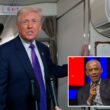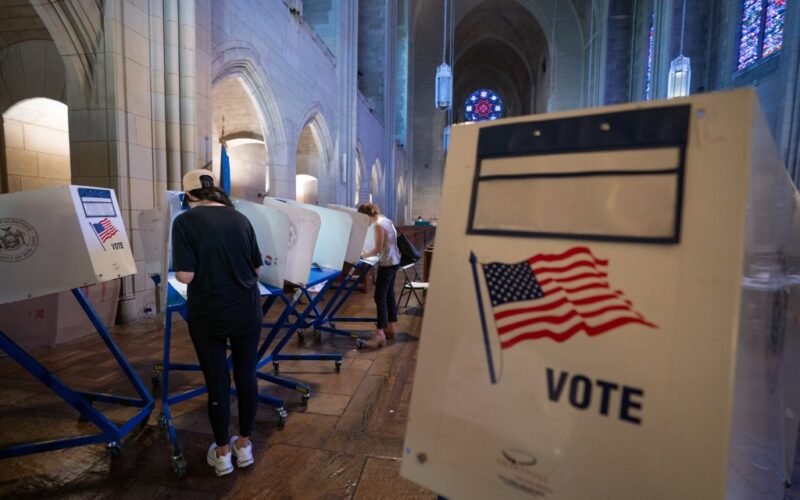Amidst the uproar over the results of the mayoral primary election results, the Charter Revision Commission released an “Interim Report” outlining five proposed amendments to the City Charter that the Commission will submit for voter approval at the November general election.
The Commission designated a sixth proposed amendment, implementing “nonpartisan elections” for all city offices, for further consideration, indicating that the Commission had not reached a final decision on whether to submit the elections amendment for approval this year.
The Commission must finalize the slate of amendments that will appear on the ballot by July 21. The city’s business, good government and political leadership, especially those dismayed by the results of the mayoral primary, must unite in support of the inclusion of the nonpartisan elections proposal.
A nonpartisan system would allow millions more registered voters to participate in a meaningful way in municipal elections. The current system of “closed primaries” constricts voter participation and candidate competition. Only registered Democrats are eligible to qualify as candidates and only registered Democrats are eligible to vote in the Democratic primary.
This closed system consistently produces low turnout and presents high barriers to entry, such that the candidates are predominately already-entrenched politicians. Even well-funded outsiders stand little chance at success. Non-politician Whitney Tilson, for example, garnered less than 1% of the vote in this year’s primary.
The closed system enhances the power of political organizers, like the Democratic Socialists of America, whose volunteer and fundraising network was the foundation for the success of Zohran Mamdani’s campaign. By targeting select slices of the electorate, sub-groups within the universe of registered Democrats, the DSA and its allied forces were able to secure Mamdani’s victory in the initial round of ranked choice voting with 446,163 votes, about 10% of total number of registered voters in the city.
According to a recent report from the city’s Campaign Finance Board, more than 20% of registered voters are “unaffiliated,” meaning that they do not belong to any political party. They comprise the second-largest cohort of voters after registered Democrats. Half of these unaffiliated voters are under 40 years of age — but all of these voters, more than one million New Yorkers, were ineligible to participate in the primary election that resulted in Mamdani’s victory.
Conversely, in a nonpartisan, or “open primary” system, any candidate of any party could compete in a preliminary round, and any registered voter would be eligible to cast a vote. Depending upon the details of the proposal, some number of the candidates who fare the best in the preliminary round would advance to the general election, effectively transforming the general election into a final-round run-off amongst the most successful candidates.
The reformed system would end the largely pointless “One Democrat versus One Republican” general election structure that produces minimal competition and negligible turnout amongst the electorate because, absent extraordinary circumstances, the result is a foregone conclusion.
When Rudy Giuliani narrowly defeated David Dinkins in 1993, total turnout was 57%, meaning that nearly 1.8 million voters took part in the election. Turnout has never again approached even 50%, and fell to a modern nadir in 2021 when only 23% of voters turned out.
Thus, in a more populous city, in 2021, about three-quarters of a million fewer people voted than in 1993. In the last decade, the Democrats’ mayoral nominee, chosen in the closed primary system, has won the general election with at least 66% of the vote. No Republican has hit 30%.
The current system simply does not encourage competitive elections where largely numbers of New Yorkers are actively engaged in the outcome. It advantages established politicians and gives outsized influence to professional political organizers like the DSA. Successful candidates are not the products of a broad mandate won after a close battle of ideas. The party nominees are, instead, chosen by narrow segments of ideologically-driven voters or are individuals chosen by default to be token names on a ballot in unwinnable elections.
There has been much talk about the “future of the city” in the last two weeks. The Charter Commission is the one entity that is, literally, considering the future of the city’s political life. If, four years from now, the next mayoral election is run under an open system, welcoming in all registered voters and allowing competition amongst a broad array of candidates without regard to party affiliation, it will alter and revitalize the fundamental dynamics of the city’s politics.
The Charter Commission must send a nonpartisan elections amendment to the voters for approval this year.
Browne is a lawyer.







